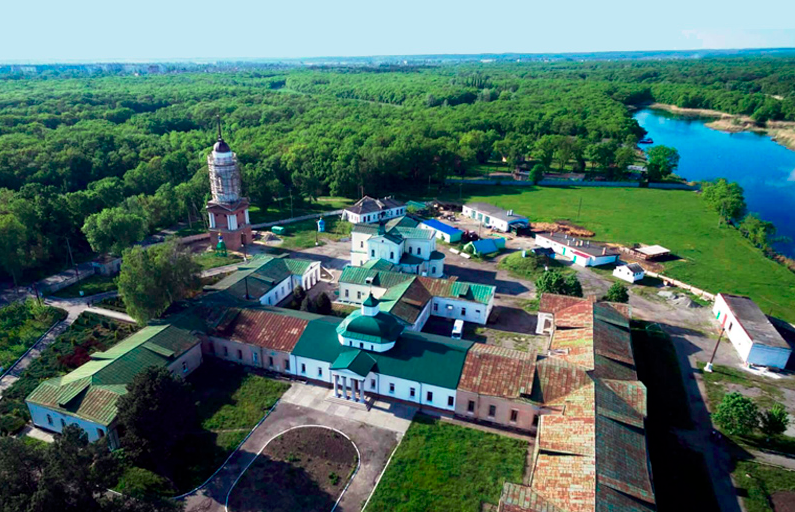On Thursday, 19 September 2024, the Verkhovna Rada, Ukraine's Parliament, passed a resolution to rename 327 settlements as part of an ongoing decommunization and derussification process. The measure, which aims to remove Russian imperial and Soviet-era names from Ukrainian localities, was approved by 281 members of Parliament.
Yaroslav Zheleznyak, one of the authors of the legislative initiative, reported that the resolution was adopted without debate. The final version excluded six names that were initially debated.
The renaming effort targets localities with names containing Russian and Soviet narratives or Russified names. It is part of Ukraine's larger effort to reverse 300-year-old Russian and Soviet rule, which had banned Ukrainian culture numerous times, including changes in topography names to erase older Ukrainian traces.
Among the changes are towns named after Russian historical figures, such as Pushkino, Michurina, and Kutuzivka. Soviet-era names, particularly those related to communist holidays or symbolism like Pershotravneve (May Day), are also being replaced.
Several major cities are affected by this decision:
- Novomoskovsk, meaning "New Moscow's" (Dnipropetrovsk Oblast) will become Samar
- Pershotravensk, meaning "First May's" (Dnipropetrovsk Oblast) will be renamed to Shakhtarske
- Sievierodonetsk (Luhansk Oblast) will be changed to Ukrainian spelling as Siverskodonets'k
- Chervonohrad, meaning "Red city" (Lviv Oblast) will be called Sheptytskyi
- Krasnohrad, meaning "Red city" in Russian (Kharkiv Oblast) will become Berestyn
Roman Lozynskyi, another member of Parliament, described this as a "truly historic decision" that should have been made 33 years ago. He emphasized that this is the first package of renamings to implement the "decolonization" law to town and city names, with approximately 200 more settlements to be addressed in the future.
The next round of renamings is expected to be considered by Parliament in early October, including changes for cities such as Yuzhne, Yuzhnoukrainsk, and Pavlohrad, which have essentially Russian-language names from the Soviet era.
This move represents a significant step in Ukraine's efforts to assert its cultural and historical identity, distancing itself from Soviet occupation and Russian imperial influence.
Related:
- European Parliament urges member states to allow Ukraine to hit military targets in Russia
- Germany’s new military aid package to Ukraine includes 22 tanks and 61,000 artillery shells
- Ammunition depot in Russia’s Tver Oblast is burning after drone strike

